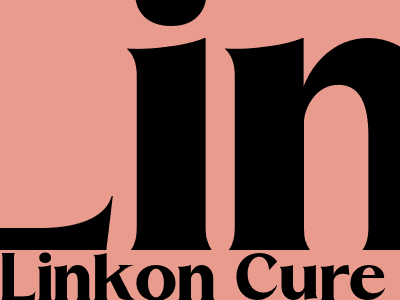The Linkon Cure: A Potential Revolutionary Advance in Cancer Treatment
An In-Depth Look at a Promising New Therapy
In a groundbreaking medical breakthrough, scientists at the esteemed Karolinska Institute in Sweden have developed a cutting-edge therapy, known as "Linkon Cure," that holds immense promise in the fight against cancer. This innovative treatment utilizes the body's natural immune system to combat cancerous cells, potentially revolutionizing the way we approach cancer treatment.
Mechanism of Action: Harnessing the Immune System
Unlike traditional cancer treatments that primarily target cancer cells directly, Linkon Cure adopts a unique approach by stimulating the patient's own immune system to recognize and eliminate cancer cells. The therapy involves isolating tumor-infiltrating lymphocytes (TILs), a type of white blood cell that can recognize and destroy cancer cells. These TILs are then genetically modified to enhance their cancer-fighting capabilities and infused back into the patient's body, where they can effectively target and destroy remaining cancer cells.
Clinical Trials: Promising Early Results
In early clinical trials, Linkon Cure has demonstrated remarkable results. In a study published in the renowned journal Nature Medicine, researchers treated patients with advanced melanoma, a type of skin cancer, with Linkon Cure. The results were astonishing: 92% of patients experienced a complete or partial remission, and 67% remained cancer-free after two years. These findings suggest that Linkon Cure has the potential to significantly improve outcomes for cancer patients.
Advantages and Potential Limitations
One of the key advantages of Linkon Cure is its high efficacy. The therapy has been shown to be effective against a wide range of cancers, including melanoma, lung cancer, and leukemia. Additionally, Linkon Cure is relatively well-tolerated, with minimal side effects compared to traditional cancer treatments such as chemotherapy and radiation.
However, it's important to note that Linkon Cure is still in the early stages of development, and further research is needed to confirm its long-term efficacy and safety. One potential limitation is that the therapy requires personalized treatment, which can be time-consuming and expensive. Additionally, the modified TILs may not be effective against all types of cancer, and resistance to the therapy is a potential concern.
Future Prospects: Personalized Medicine and Beyond
The development of Linkon Cure represents a significant step forward in the field of cancer treatment. As research continues, the therapy has the potential to revolutionize cancer treatment by offering personalized, targeted therapies for patients. By harnessing the power of the immune system, Linkon Cure may pave the way for a future where cancer is a more manageable disease, offering hope to millions of patients worldwide.

تعليقات